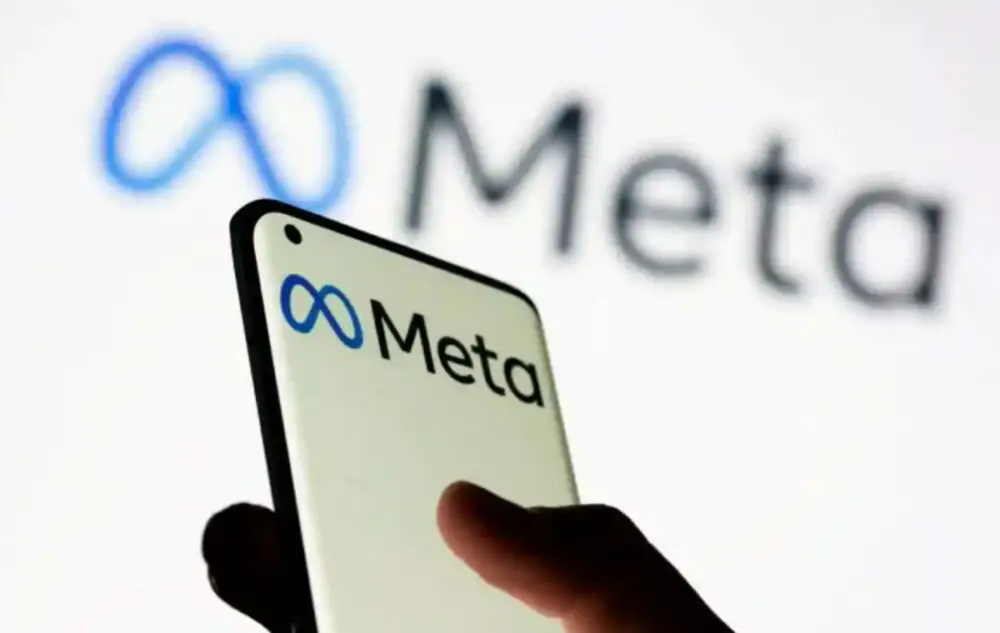Moscow court labels parent company Meta ‘extremist’ amid crackdown on Western media
Access to Facebook and Instagram was already blocked earlier this month when Meta said it was relaxing its standards against hate speech directed at the Russian military and President Vladimir Putin in reference to the country’s war in Ukraine. Meta later clarified that the relaxed limits would only apply to those posting from Ukraine.
Facebook and Instagram, both popular with Russians, were accused of “carrying out terrorist operations” by a Moscow court. However, it did not restrict Meta’s WhatsApp messaging program as “it was a method of communication, not a source of information.”
Russia’s FSB security service accused Meta of setting up an “alternative world” in which “hatred of Russians was stoked” during a hearing in Moscow on Monday.
“The operations of the Meta organization are directed against Russia and its military forces,” FSB official Igor Kovalevsky told the court, according to TASS, the Russian state news agency.
Previously, extremist groups such as the Taliban, Jehovah’s Witnesses and an organization led by the Kremlin’s imprisoned foe Aleksei Navalny have been targeted under the same rule.
Because hundreds of thousands of Russians have tried to get around the social media ban by using a VPN, Russian prosecutors told the court that they will not try to punish Russian residents and organizations that use the two banned sites.
On Monday, Kovalevsky told the court that “the use of Meta assets by natural and legal persons should not be construed as participation in extremist activities.” He went on to say, “Persons will not be held responsible for their use of Meta services.”
It was unclear whether the Russian and international companies that bought advertising on Facebook and Instagram could be charged with “funding an extremist organization” under Russian law.
According to TASS, Meta’s lawyer, Victoria Shagina, told the court that the company opposes any kind of Russophobia and does not participate in extremist activities.
The decision to classify Meta as “extreme” comes as Russia continues to restrict protesters, independent news sources and international social media in unprecedented ways.
‘It’s impossible to remain silent’, says Putin’s first victim of ‘fake news law’.
The Russian parliament enacted a measure earlier this month punishing the intentional distribution of “false” news about the military with up to 15 years in prison.
“Since the beginning of the special operation in Ukraine, the authorities have tried to maintain complete control over the information domain of the country. “We should expect more restrictions,” said Alexander Isavnin, a member of the Russian Pirate Party and an advocate for online privacy.
“The decision to ban Meta is also a final warning notice for YouTube, the country’s last surviving major Western platform,” Isavnin said, referring to recent criticism of YouTube by Russia’s communications regulator and lawmakers.
Last Friday, Russia’s communications watchdog criticized YouTube for committing “terrorist activities” by allowing ads on the video-sharing network that may “harm Russian residents.”
“The activities of the YouTube administration are terrorist in nature and pose a threat to the life and health of the Russian people,” the regulator stated in a statement.
Subscribe to our latest newsletter
To read our exclusive content, sign up now. $5/month, $50/year
Categories: Technology
Source: vtt.edu.vn
